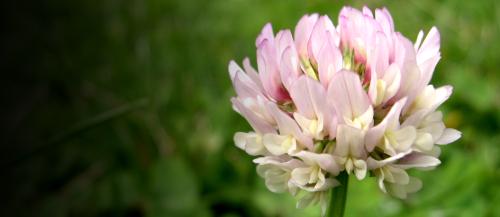Search results
Displaying 501 - 510 results of 1246
- NewsOver 72 people graduated from the Beef + Lamb New Zealand (B+LNZ) Generation Next Programme in 2023 across the …

- External resource… temperate south american origin which considered invasive pest plant both australia new … environment its agricultural impacts include reduced pasture crop yields reduced livestock … australia new zealand 17th australasian weeds conference 424427 05chilean needle grass ute …
- Factsheet… addition uptake spraying oil 500 ml1oo required 100300 waterha apply from second … suseptible seedlings strike may turn yellow red remain small check label other weeds … 2020 14 6 susceptible amaranth annual poa red dead nettle barnyard grass catchfly …
- News… NPSIB and the concept of biodiversity credits to incentivise farmers to protect and … of sheep and beef farms are likely to be captured, which will limit what farmers can do on … this NPSIB will have a major impact on our sector.” ENDS For more information, please …

- News… of weather patterns on international red meat markets, particularly their impact on New …
- NewsOver 80 people attended Beef + Lamb New Zealand’s Progeny Test field day at Taupō’s Lochinver Station last week to get updates on the seven-year Informing New Zealand Beef …

- Factsheet… clover herbage grown same white clover compared huge breeding effort has been invested … leaves figure 1 similar size shape hairy red clover pratense leaves normally three … clover has white pink flowers about same size red clover flowers why sow caucasian clover …
- … determined key factors that need to be considered for the successful application of … could take off ”. Scientific publications and conference proceedings NZGA Hill Country … cropping with no land based equipment ”. NZGA Conference Proceedings – “ Helicropping – …
- Factsheet… easier achieve high lwg flat easy contoured land compared steep land good quality pastures essential … improvements feed conversion efficiency meat quality less pugging damage fewer big …
- Podcast
Herb and clover pastures for higher liveweight gain, with Professor Paul Kenyon of Massey University
… Based on red and white clover, with plantain and …